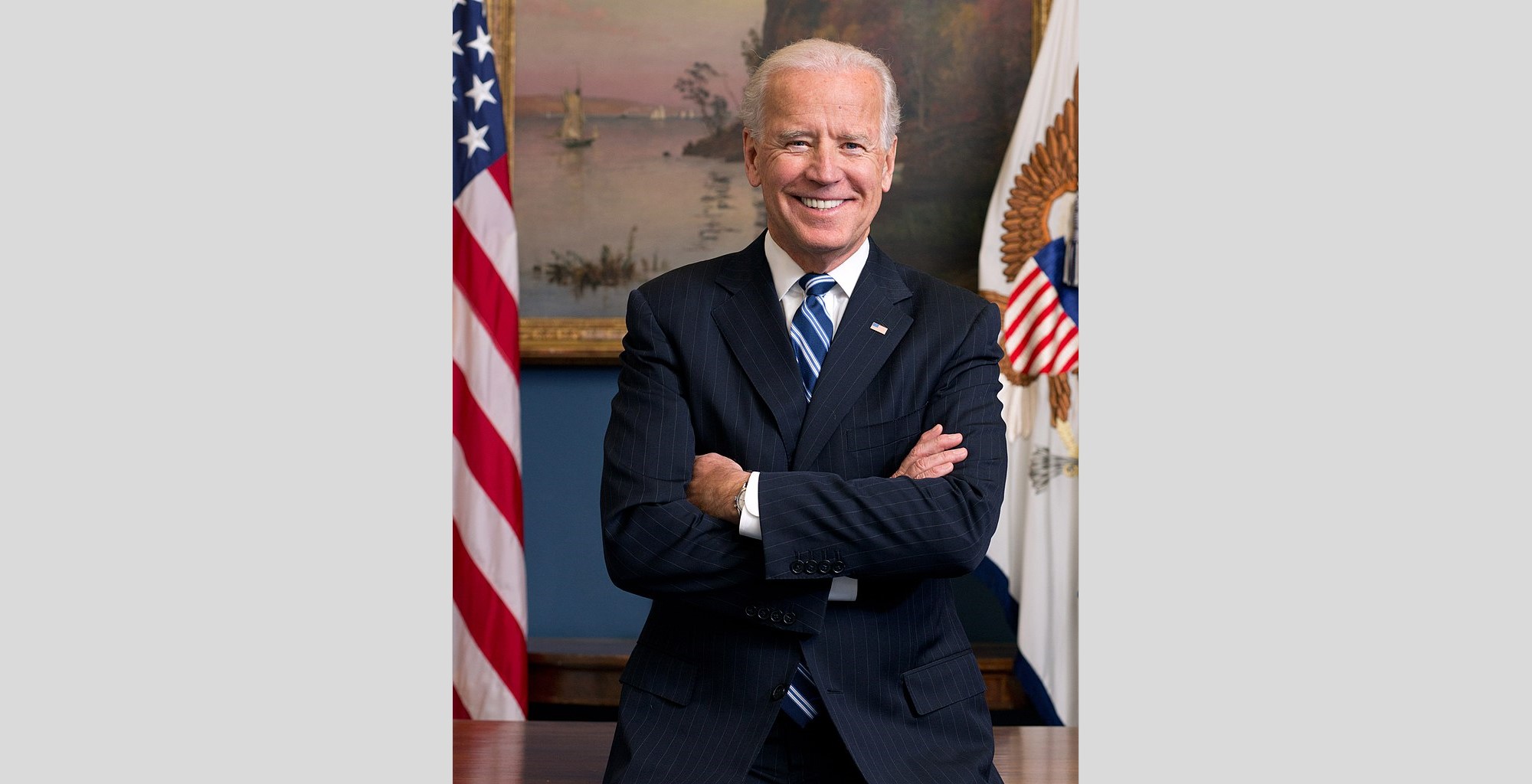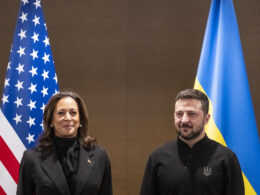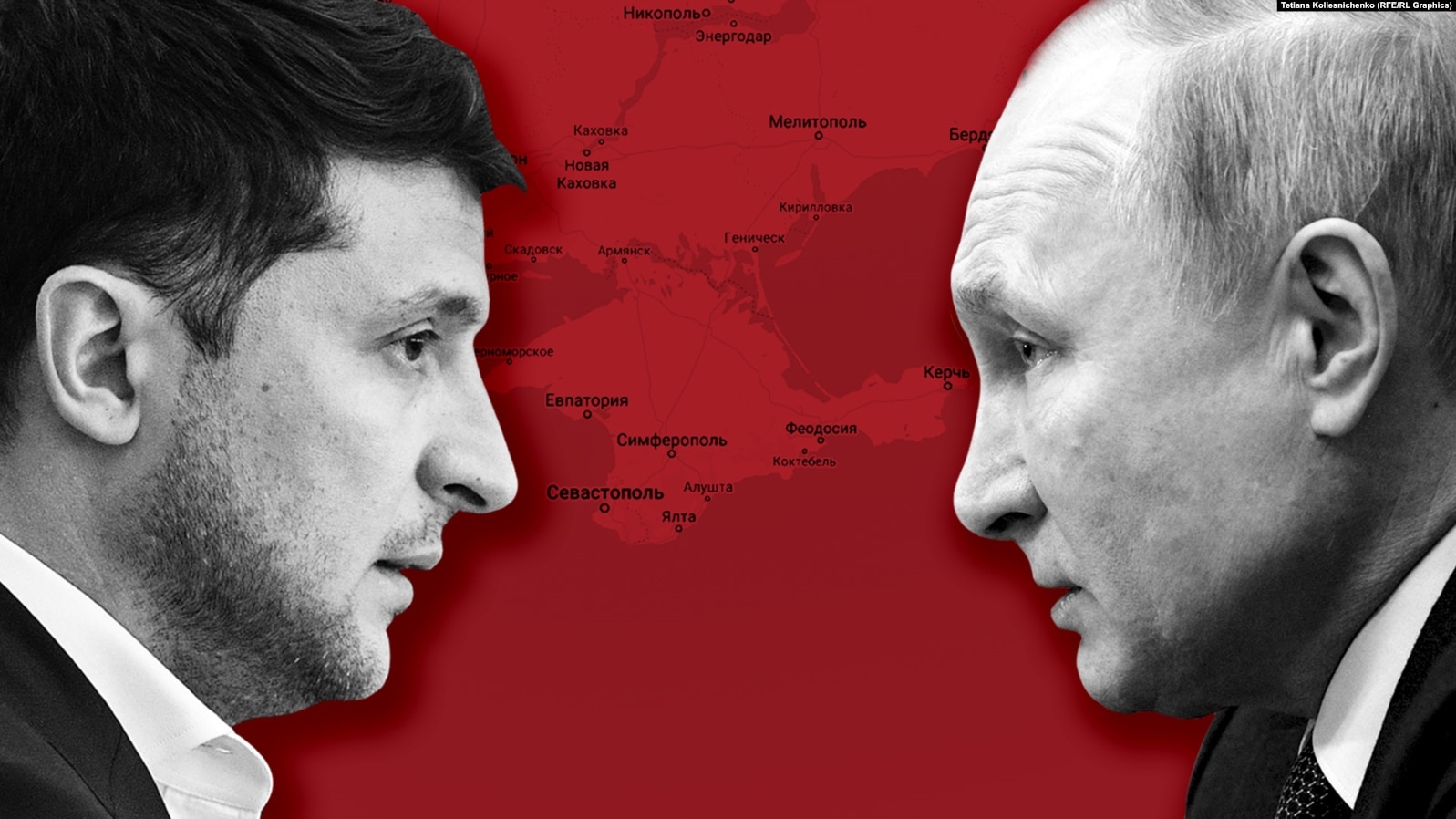Article by Vladyslav Faraponov
US President Joe Biden hosted Japanese Prime Minister Fumio Kishida and South Korea President Yoon Suk Yeol, on 18 August, at Camp David, his residence outside Washington DC, for the first time since taking office.
The meeting was part of the effort to ensure a free and open Indo-Pacific region and are among the few indicators that help us understand the formulation of the Biden Doctrine, the vision of foreign policy implemented by the Joe Biden administration.
Strategic shift that defines Biden’s priorities
The Biden administration managed to get both Japanese and South Korean leaders in one place, noting the significance of the occasion, while China, Russia, and North Korea were clearly sending signals that this cooperation was not in their favor. The Biden administration has been diligently working for the last two years to improve bilateral cooperation, both with Seoul and Japan. The trilateral summit is just the culmination of its efforts and an opportunity to turn a new page.
However, this summit and close bilateral US-Korea and Japan-US ties, are only possible because both countries started to rethink their global and regional posture. This change of position on behalf of Japan and South Korea towards becoming more active in foreign policy is similar to Finland’s arguments that, “there is no more place for non-aligned states in Europe.”
Both countries realized it was in their mutual interests to move trilateral cooperation to a new level after Russia launched its full-scale invasion of Ukraine in February 2022.
These efforts have both tactical and strategic implications for the US. First, America wants to have eyes and ears in the Indo-Pacific region.
Second, when the alliance between the three is formalized, in addition to previous US bilateral security commitments with Japan and the Republic of Korea, it will be almost impossible for any future White House administration to change.
It’s worth noting that Washington signed a security agreement with Seoul in 1953, creating a de facto mechanism similar to Article 5 of NATO, which defines an attack on one alliance member as an attack on all. This agreement also provides for the presence of American troops on the territory of South Korea, of which there are currently 28,000.
Japan has twice the number of US troops. The Tokyo-Washington security partnership dates back to 1951 and was revised in 1960. In that sense, it is correct to say that this most-recent summit only accelerates existing collaboration with both countries, and does not establish it.
This type of cooperation contains clear lessons for Ukraine and other US partners around the world.
Ukraine could offer to set up a similar type of trilateral collaboration between Poland and America, for instance. While Ukraine has yet to ask for American troops to be based on its soil, after its victory, Kyiv may approach Washington in this regard, given there are American military bases in Germany and Japan. For Kyiv, such a request may look like an addition to security guarantees.
Specific initiatives in security and economic cooperation hint at growing US interests in countering China in Asia
- The first clear achievement of the summit is the creation of a hotline between leaders and administrations to ensure constant consultations and to coordinate responses to challenges within the region and abroad, clearly pointing at China and North Korea in that regard.
- Second, President Biden announced the start of multi-domain military exercises, which will constitute an unprecedented level of trilateral defense cooperation. Such cooperation could help prevent a Chinese invasion of Taiwan. At the least, this trilateral cooperation could coordinate assistance to Taiwan if China does invade.
In connection with that, the parties agreed to a data-sharing mechanism to exchange real-time missile-warning data to improve the detection and assessment of North Korean missile launches. Parties also established a trilateral maritime tool to synchronize efforts in Southeast Asia and Pacific Island states.
- Third, regarding global US interests and the so-called Biden foreign policy doctrine, the summit has clarified some essential lessons for US partners and allies. As President Biden mentioned, one of his priorities was strengthening the ties between our democracies. The Japan-South Korea-US summit has been designed to do this. The close coordination between democracies is a plan that the Biden administration will continue to implement. Thus, the Biden Doctrine can be described as a doctrine that ensures close ties between democracies, to rally them against autocracies. Ideally, the current administration would like to get more democracies involved and ensure security and economic cooperation reaches the highest possible levels.
Despite the close ties with Seoul and Tokyo, and growing, from time to time, tensions between the US and China, assisting Ukraine remains a priority for the Biden administration in Europe. The Japan-US-Korea summit hasn’t affected US assistance to Ukraine and President Biden has requested another $24 billion from Congress.
 Vladyslav Faraponov is an analyst at the Kyiv-based Internews-Ukraine. He is Head of the Board at the Institute of American Studies. He also co-hosts the Solutions from Ukraine podcast by Rubryka.
Vladyslav Faraponov is an analyst at the Kyiv-based Internews-Ukraine. He is Head of the Board at the Institute of American Studies. He also co-hosts the Solutions from Ukraine podcast by Rubryka.





